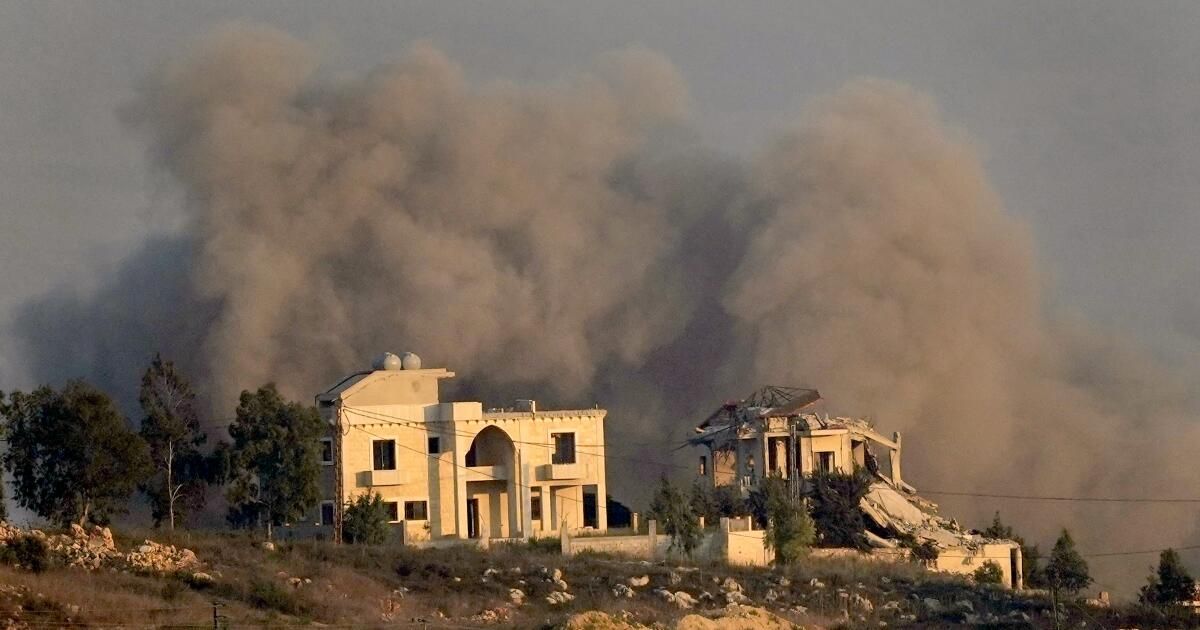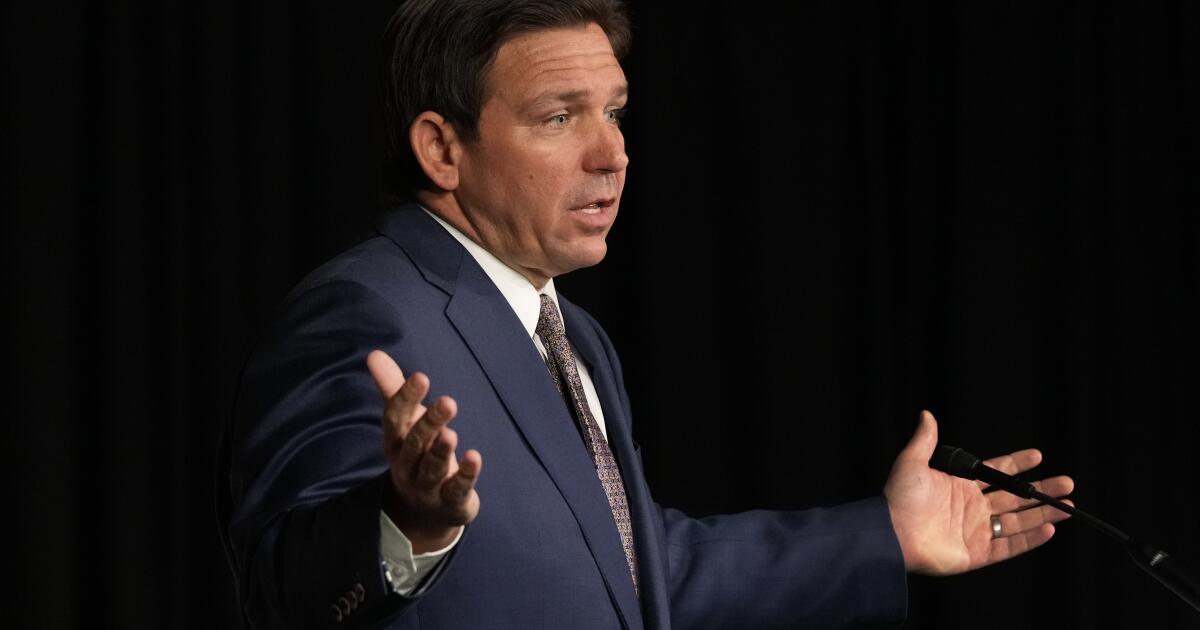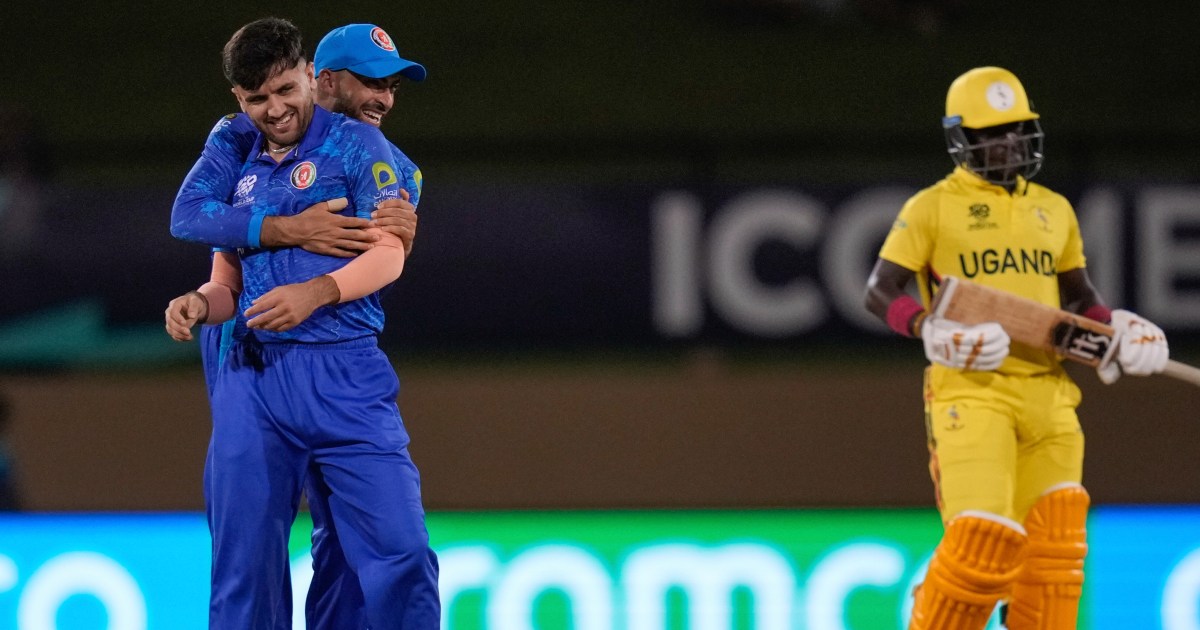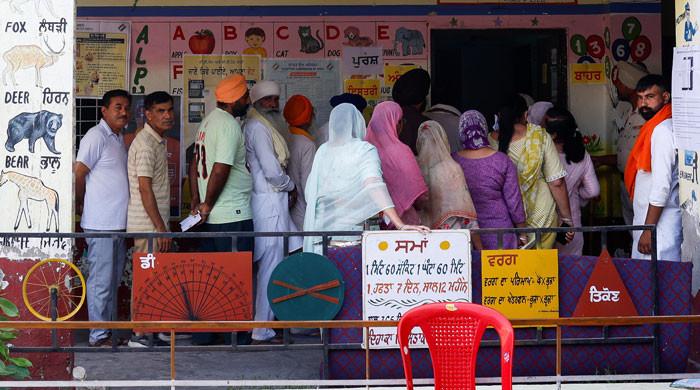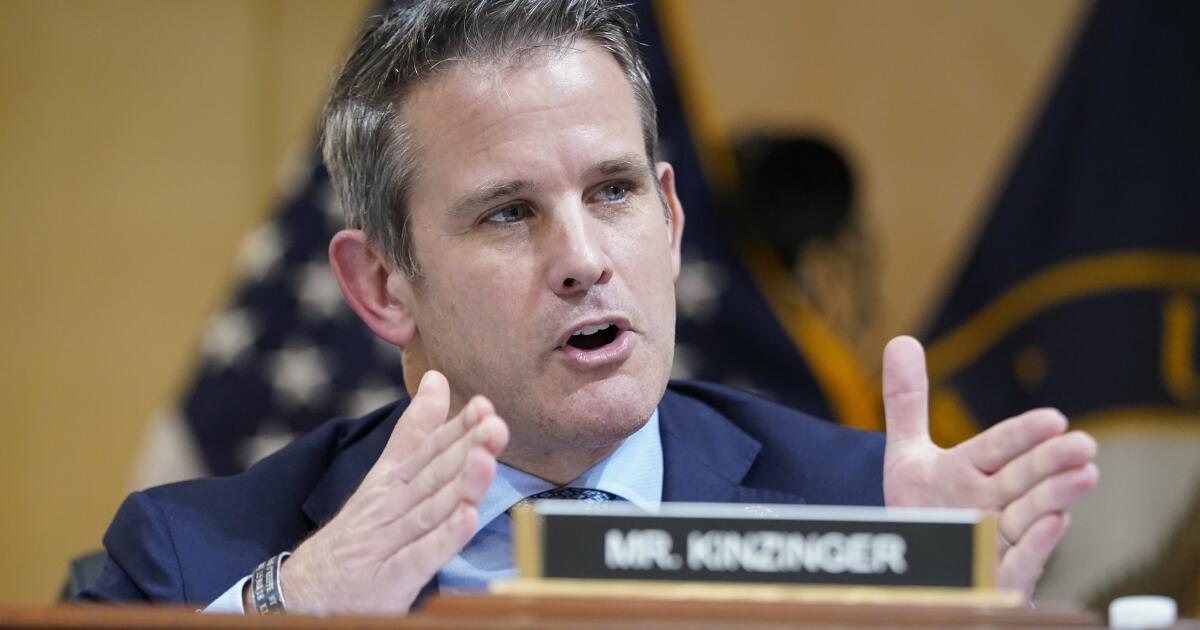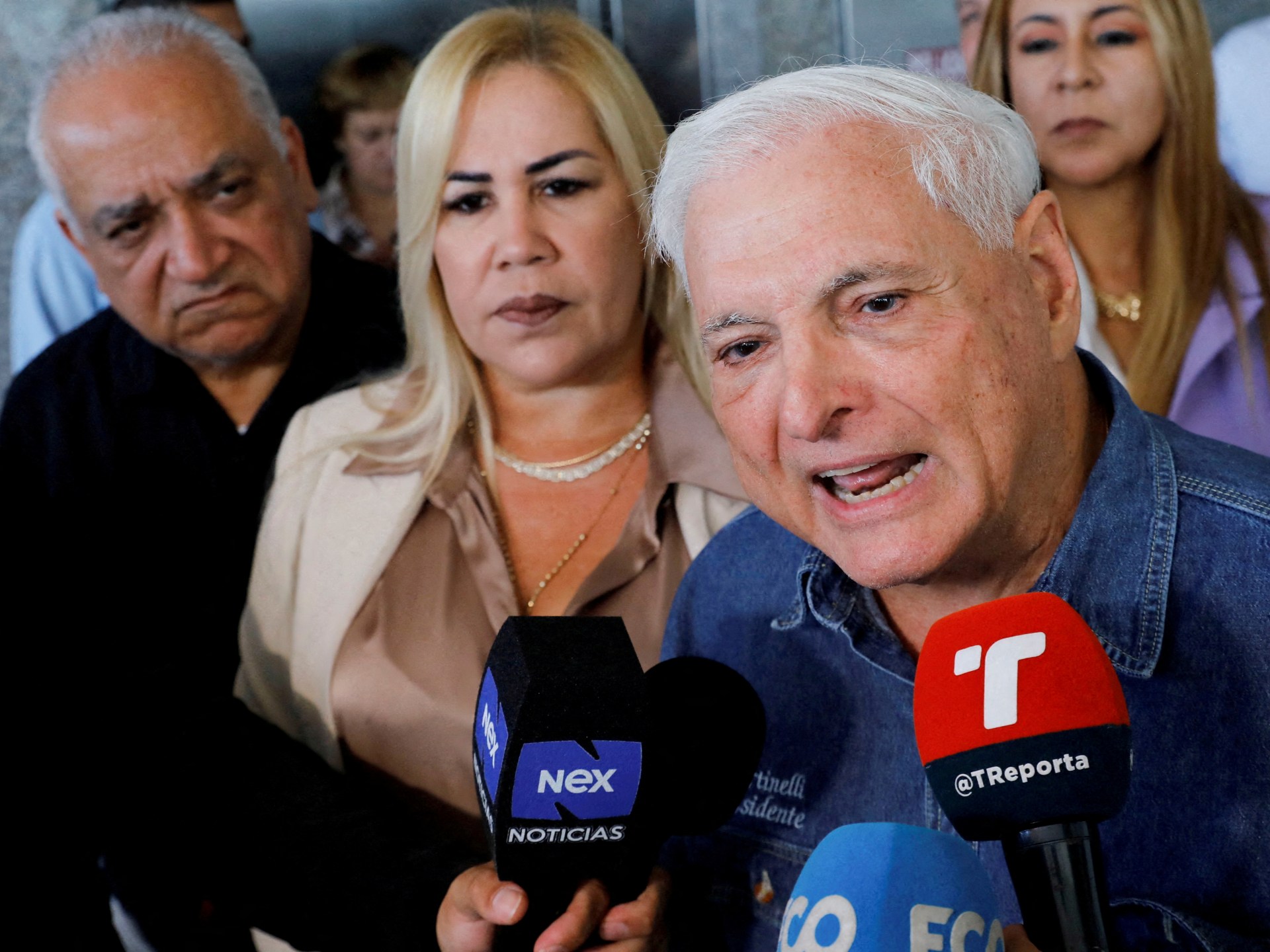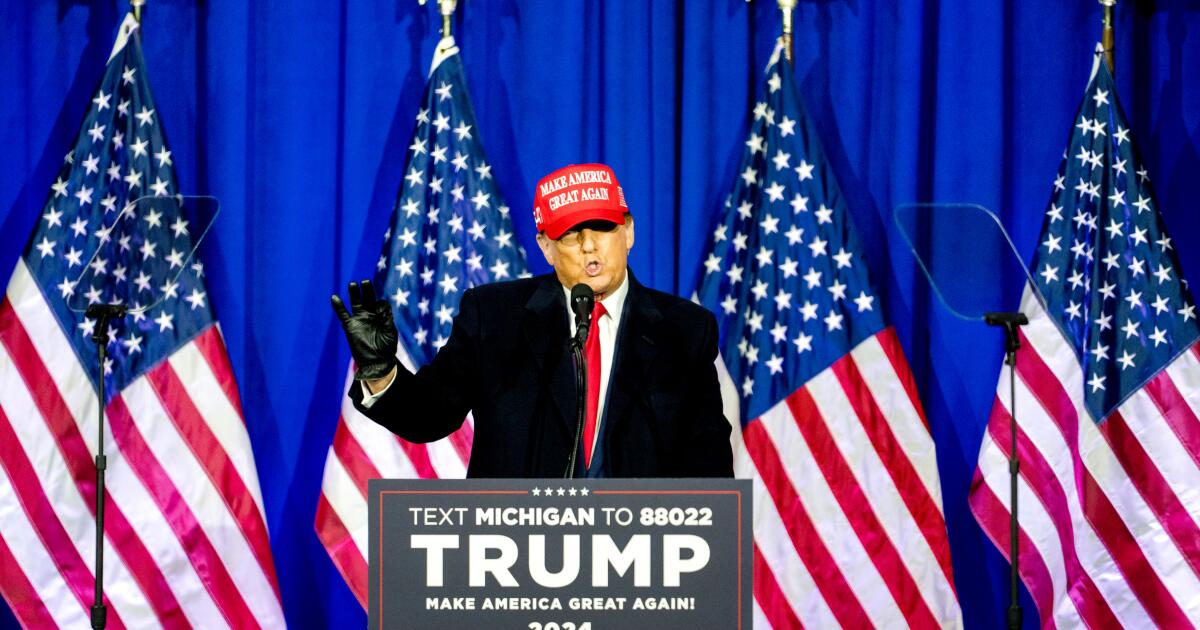Thousands of its members were injured and at least two dozen were killed when their pagers and walkie-talkies exploded. One of its key operatives was killed in an airstrike that pulverized an eight-story building. Its arsenal was reportedly decimated in an all-out airstrike that left hundreds dead.
Hezbollah, the Iranian-backed Lebanese Shiite militant group, appears to have hit the lowest point in its more than 40-year history.
Hezbollah began firing rockets into northern Israel last October in what it says is a campaign of solidarity with Palestinians in Gaza. Israel responded in kind, and although the fighting has caused massive displacement — 90,000 people forced from their homes in Lebanon and 60,000 in Israel — both sides have calibrated their fighting to avoid an all-out conflagration.
Those days appear to be over. Over the past week, Israel has refocused its military efforts on Hezbollah and stepped up its attacks in an attempt to force the group to reach a diplomatic solution, even at the risk of a wider regional war that could involve Iran and the United States.
On Tuesday, Israel continued its airstrikes, with its military claiming to have hit some 1,500 targets and dropped around 2,000 munitions in 24 hours. The attacks devastated large swathes of southern and eastern Lebanon.
The death toll on Monday was at least 558, including 50 children, 94 women and four medics, and another 1,835 people were wounded, according to Lebanon's health minister, who did not specify how many were Hezbollah members. In total, it was the deadliest day in Lebanon in decades.
That attack came days after the mass detonation of portable communications devices that Hezbollah used to evade Israeli spyware. The explosions killed 37 people, including two children, created widespread fear and incapacitated thousands of Hezbollah rank-and-file members, officials and administrators.
Friday's massive attack in the heart of Beirut's Hezbollah-dominated southern suburbs took out a senior commander, 15 elite commandos and more than twice that number of residents.
Hezbollah seemed unexpectedly vulnerable, outmatched at every maneuver by an Israeli military with a seemingly insurmountable technical advantage.
Until a few months ago, Hezbollah leaders routinely touted a deterrence strategy, promising that their ability to strike Tel Aviv and other Israeli cities would deter Israel from attacking the Beirut suburbs the group dominates.
But those warnings now appear hollow as Israel has gone after senior Hezbollah operatives in the Lebanese capital, prompting repeated promises of revenge but little actual retaliation.
On Tuesday, an Israeli airstrike in the Ghobeiry neighborhood targeted Ibrahim Qubaisi, who the Israeli military said commanded Hezbollah's rocket and missile force. The attack killed six people and wounded 15 others, according to the Lebanese Health Ministry. It is unclear whether Qubaisi was among the victims.
Local media have described Israel’s strategy as “escalating to de-escalate.” It is too early to say whether it will help achieve what Israeli leaders say are their main goals: shifting the balance of power with Hezbollah and allowing displaced residents to return to northern Israel.
Although experts believe Hezbollah has suffered major blows to its communications capabilities, chain of command and arsenal, the group managed to fire hundreds of projectiles into Israel on Monday and Tuesday. On Tuesday, it also announced a new rocket, the Fadi 3, which it used for the first time to attack a military base east of Haifa. According to Israeli medical services, those attacks left two people with shrapnel wounds.
Meanwhile, Hezbollah leaders have reiterated what they call the “support front” with the Palestinians, vowing to continue attacking Israel as long as the war in Gaza continues. Hezbollah leader Hassan Nasrallah said in a speech last week that the group would welcome an Israeli ground invasion of southern Lebanon.
“The measures [the Israelis] “The ways in which they have hidden, concealed and moved around make it difficult to detect them,” he said. “However, if they come to us, they are welcome.
“What they consider a threat, we consider an opportunity.”
Less clear is what Hezbollah's allies will do next. Designated a terrorist organization by the United States and Israel, the group is the crown jewel of an Iran-backed militia network, a “ring of fire” around Israel that includes Hamas and the Houthis in Yemen, along with factions in Syria and Iraq.
In an interview with CNN on Tuesday, Iranian President Masoud Pezeshkian said his government would continue to support Hezbollah.
“Hezbollah cannot stand alone against a country that is being defended, supported and supplied by Western countries, European countries and the United States,” he said.
For Lebanese, the war comes at an inopportune time. Many are still suffering from the impact of a five-year economic crisis that has seen the currency fall to almost 1% of its value. Others oppose Hezbollah on ideological grounds.
Meanwhile, communities in several parts of Lebanon that have long supported Hezbollah have suffered in ways not seen in decades.
On Monday, after a missile hit a house in her village (Maaroub, 20 kilometers north of the border), kindergarten teacher Laila Ashqar and 26 relatives piled into three cars and fled, joining tens of thousands of others in an exodus. They reached Beirut more than seven hours later (the trip normally takes an hour and a half) and dispersed to several shelters.
Ashqar and his immediate family landed in a classroom at a hotel management institute, with desks stacked to one side and a few old mattresses on the floor.
“Maaroub? There’s nothing left standing,” Ashqar said as he took a drag on his cigarette.
Before the sudden turn of events, she explained, she and her family had felt like spectators to the hostilities and had downplayed the dangers.
“We would sit around drinking coffee and watch the two sides exchange gunfire,” he said. “Now it’s war.”

